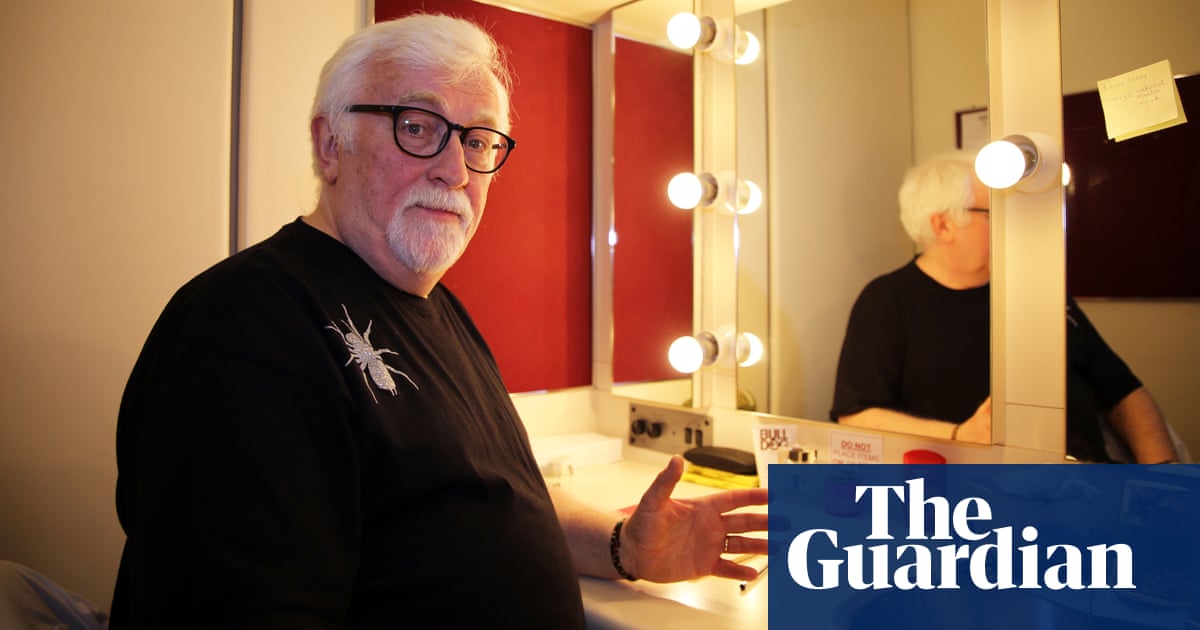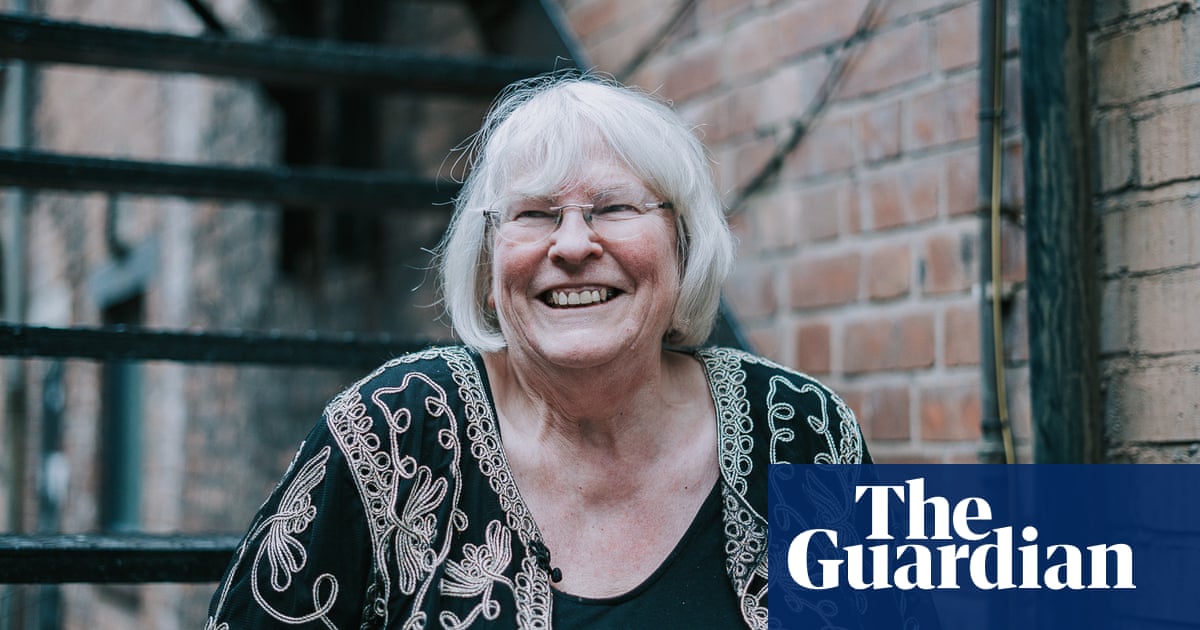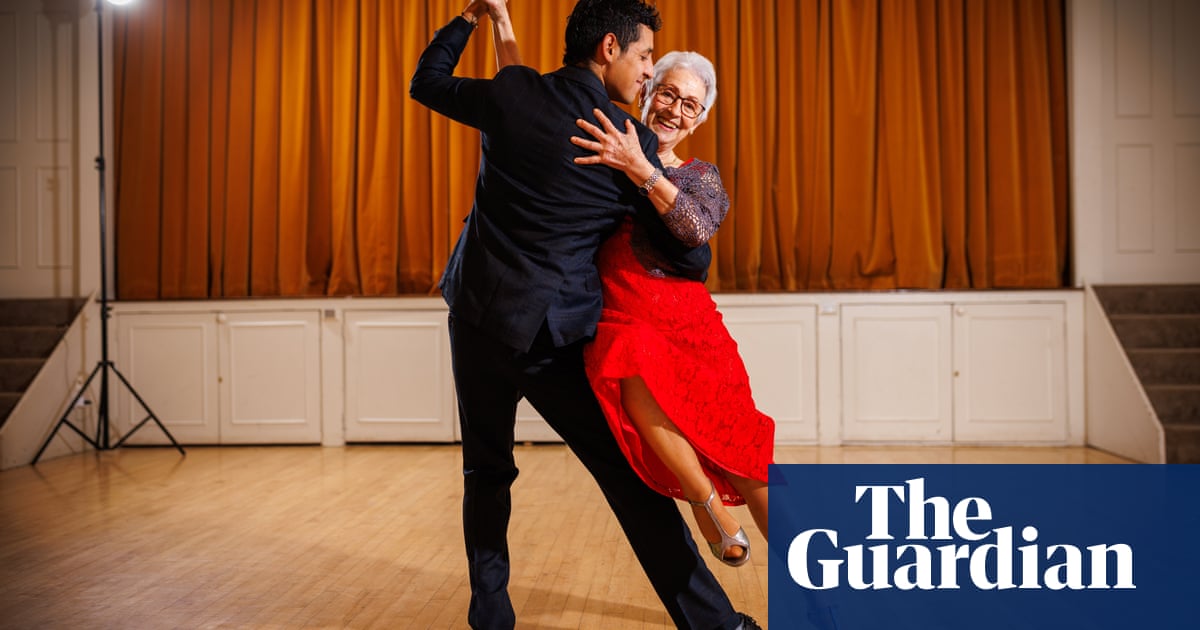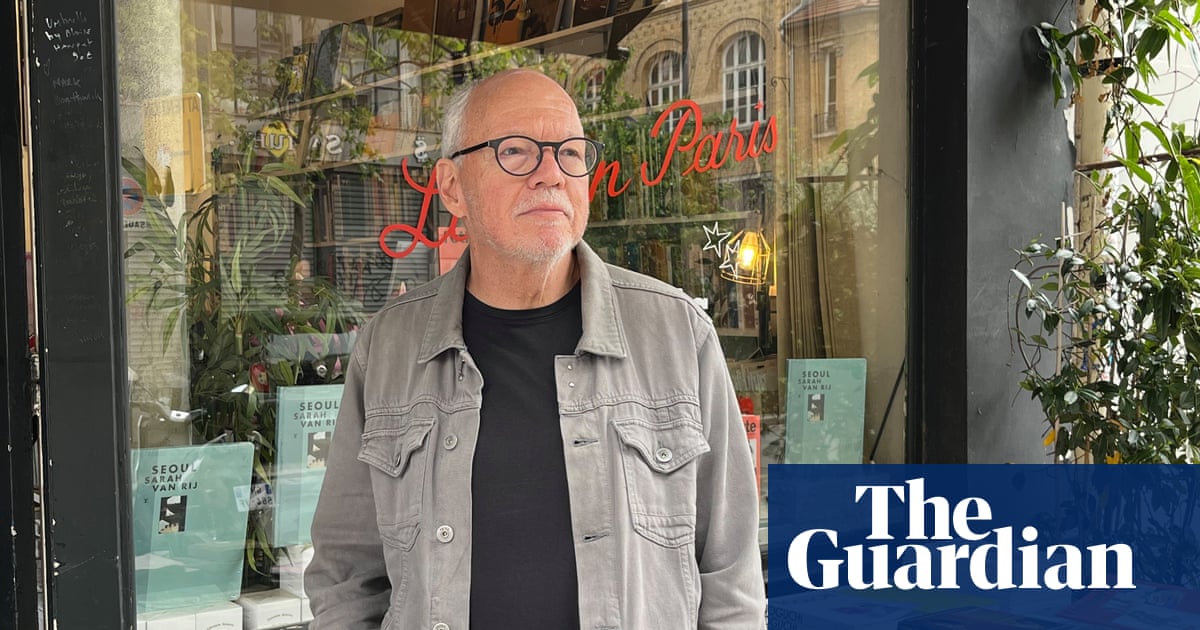
Duncan Hess spent 40 fulfilling, fascinating years directing for the BBC: “Every news programme there ever was; Antiques Roadshow; I travelled all over making documentaries …” His career culminated with directing the corporation’s coverage of the Queen’s lying in state last September. It was Hess who chose to feature the footage of Phillip Schofield and Holly Willoughby that scandalised the nation. “They weren’t queue jumping at all!” he says. “They were just walking past.”
But all that time, Hess had nourished a different dream, one born on a school trip to the RSC in Stratford aged 15 to see a production of Henry V. “I didn’t understand Shakespeare particularly but I found the whole experience thrilling. There was a wonderful Welsh actor called Emrys James who did [the chorus’s speech]: ‘Oh for a muse of fire that would ascend the brightest heaven of invention.’ I’m crying thinking about it now.” Galvanised, he wrote to the RSC asking if he could come back and hang around between shows, bagging a community centre floor to sleep on. He returned several times, listening to records of his hero, Laurence Olivier, at night in his sleeping bag after performances.
He joined Manchester Youth Theatre, playing a tiny part in Julius Caesar, but his youthful theatrical exploits stopped there. His parents, he says, dissuaded him from pursuing acting professionally. An uncle was a successful actor and comedy writer, including for Morecambe and Wise, and they feared his head had been turned by the glamour. “Mum and Dad thought I was very impressed with his jet-set showbiz lifestyle; but that had absolutely nothing to do with it.”
He enjoyed the BBC (“I can’t regret it; it has been fantastic fun”), but his passion for theatre never faded. “We’d go a lot, my wife and I, and every time I sat in the audience, I thought: ‘I want to be up there.’” It was a need, he says, stronger than a desire, and as his 60th birthday approached, he resolved to do something about it. After trying out a few acting classes, he enrolled in a part-time acting diploma course at the Royal Central School of Speech and Drama in London, filling evenings and weekends learning his craft. He was, he says, by far the oldest, but “I had a fantastic time, I really enjoyed it”.
His second career began in earnest in 2020, with auditions and roles in London pub theatre productions, and it was only at this point that he felt confident this new life really was for him. “I wasn’t terrified, I remembered my lines and didn’t walk into the furniture. That’s obviously important, but it was the thrill.” He had worried his dream was just to play leading roles on prestigious stages. “But, playing a small part in a successful little play and having 60 people clapping, I found that so rewarding. One reviewer called me ‘an obvious highlight’!”
Now 65, and retired from his television career, he has accumulated the building blocks of a nascent acting career: an agent, the all-important entry in the casting directory Spotlight, and his big break in two comedies at Birmingham Rep in spring 2022. “What a thrill to go out and strangers laugh at what you say!” But it’s not easy. Casting can feel like a closed shop – a top agent asked him, with brutal honesty: “Why on earth would anybody book you if they could book Kenneth Cranham?” The two do look similar. His age, too, limits the work on offer. “The only roles I see advertised and get auditions for, either I’ve got dementia, I’m recently widowed or terminally ill.” Meanwhile, on Spotlight, “All I ever see is Santa work,” he says. “I could make a good living but it’s not what I want!”
That’s why he has taken his current role. He is sitting in his dressing room at the National Theatre, London, no less, waiting to go on in Phaedra, starring Janet McTeer. Hess is what is known as a “supernumerary” – a non-speaking part. “It’s such a horrible word. The definition is ‘in excess of the requisite number’; ‘not wanted or needed’.” The rationale for doing it, he says, is: “Casting at the National Theatre know what I look like now – simple as that. If in the next three months a me-shaped hole appears …”
That’s not to say it isn’t exciting in its own right. Simply being in the building is, he says, “Absolutely thrilling. They were all here: Gielgud, Richardson, Judi Dench … When I go to the urinals, I think: ‘I wonder if Lord Olivier had a pee here …’” He says he walked around the foyer ostentatiously showing off his NT lanyard for a while, but stopped when too many people took him for an usher.
The part is simple. “I sit silently eating spaghetti for 10 minutes,” he says. “All I do is pretend to have a conversation with my pretend son, then look shocked when something shocking happens. Then I get the train home.” But it’s exhausting, and he feels bad about leaving his wife alone six nights a week for two months (although she is extremely supportive of his new career, as are the rest of his family). Even so, being on the National’s Lyttelton stage, with the audience barely 10ft away, is extraordinary. “The lights go down, the curtain goes up and they’re just lit by the exit signs so there’s a sort of glow – it’s a jolt of electricity.” There are 800 people in the auditorium, he says. “At any moment at least one of them is going to be watching us!”
Does he wish he had made the change sooner? “God, yes. It’s strange that it took 50 years between sleeping listening to Laurence Olivier records and having a pass into the National Theatre.” But he’s making up for lost time, and could well have 15 good years left, he says. He wants casting directors to understand that, and is frustrated by the ageism he encounters. Theatre courses for “emerging talent” are often reserved for under-26s. “But I am emerging! I’ve been in this wizened old chrysalis for 60 years and now look at my iridescent wings!”












